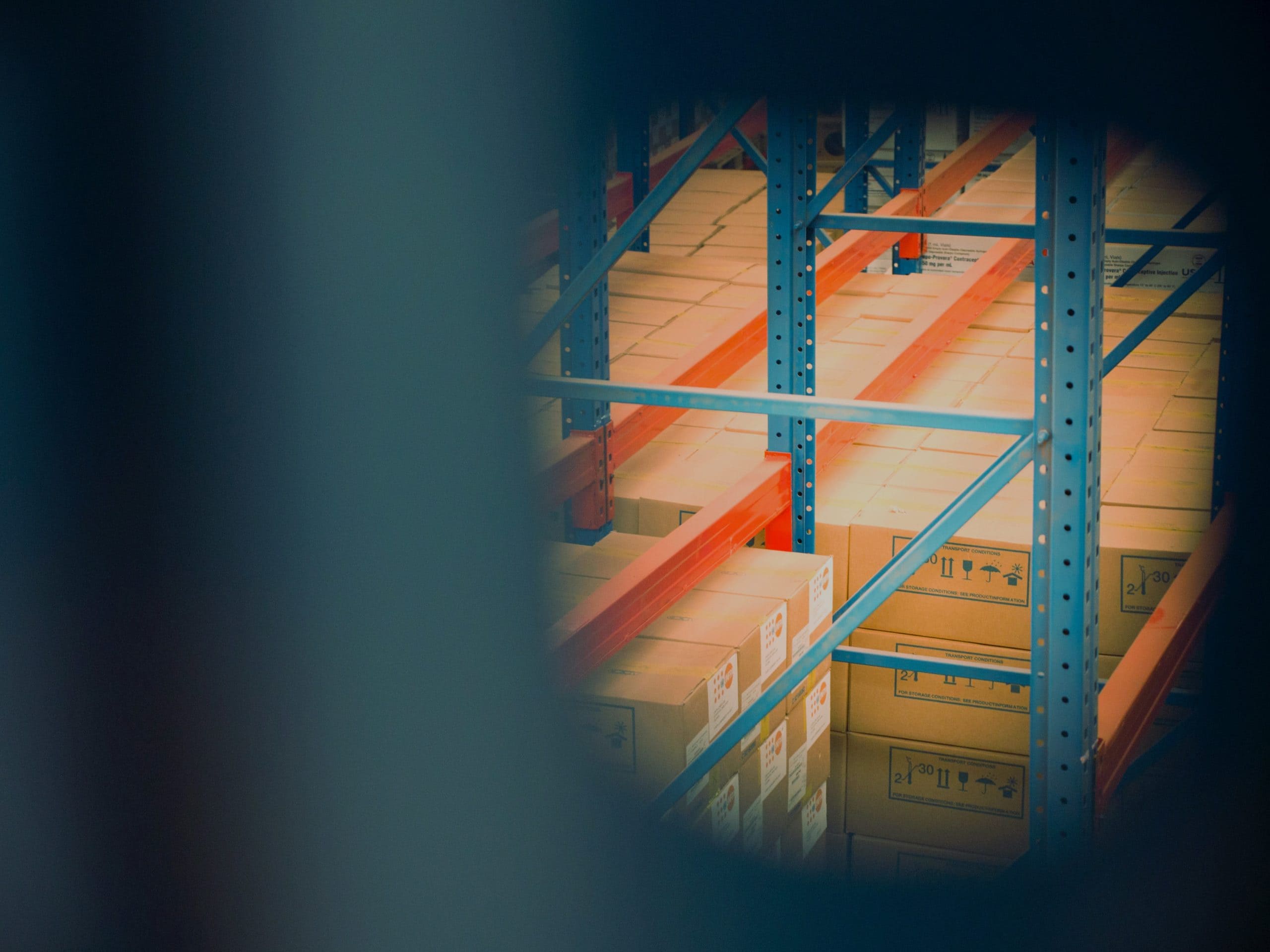Since the pandemic hit, many habits that we once considered futuristic have time-travelled and become reality. Most of the things that can be done digitally are now being done digitally – do you remember the last time you handled banknotes or coins? In 2020, organisations also rapidly accelerated into the future, with digitisation and agile working suddenly taking on new urgency in the wake of the pandemic. As highlighted by Microsoft, the COVID crisis brought “two years’ worth of digital transformation in two months.”
The challenge for companies now is that to thrive in this fast-changing environment, they need leaders with a strong portfolio of future-oriented and change-ready skills and these leaders are hard to find. According to Korn Ferry’s research, 67% of investors ‘believe that traditional leadership is not fit for the future.’ As organisations look to recover through 2021, they need to understand what makes up a future-ready leader today.
Three elements for future-ready leaders, today
Future-ready leaders – we like to call them self-disruptive leaders – bring together the future-ready mindset, skillset and toolset necessary to survive, thrive and develop their teams through the recovery and beyond.
“Future-ready leaders bring together the future-ready mindset, skillset and toolset necessary to survive, thrive and develop their teams through the recovery and beyond.”
-
Mindset
Like everything in life, there are certain things that are within our sphere of control and influence, while others fall outside of it. In a pandemic, it may feel as though everything falls in that ‘out of control’ zone, but our reactions remain firmly within our control.
Choosing to adopt a positive and optimistic mindset is critical in managing and navigating external uncertainties.
Leaders must nurture their individual purposes, while encouraging their people to do the same. In addition, optimism can be enacted through remaining open to innovation and creativity instead of buckling down and simply surviving.
However, optimism shouldn’t blind leaders to the real and ongoing stresses that individuals have experienced this year. Mindset also means creating the right conditions for productive work, taking individual circumstances into account.
-
Skillset
Korn Ferry’s recent study identified the five key traits of leaders equipped for the disruptive (and disrupted) business environment. These leaders are known as self-disrupted leaders, people who embrace rather than simply react to external disruption.
They’re characterised by the following five traits, which comprise their skillset for leading through a hyper-changing environment:
- Anticipate: Demonstrate contextual intelligence to make quick judgments and create opportunities; focus on the societal needs that the organisation wants to serve; provide a direction to unify collective efforts even among disoriented environments.
- Drive: Energise people by fostering a sense of purpose; manage the mental and physical energy of themselves and others; nurture a positive environment to keep people hopeful, optimistic, and intrinsically motivated.
- Accelerate: Manage the flow of knowledge to produce constant innovation and desired business outcomes; use agile processes, quick prototyping and iterative approaches to rapidly implement and commercialise ideas.
- Partner: Connect and form partnerships across increasingly permeable functional and organisational boundaries; enable the exchange of ideas; combine complementary capabilities to enable high performance.
- Trust: Form a new relationship between the organisation and the individual that centres on mutual growth; integrate diverse perspectives and values; help individuals to uncover their sense of purpose and facilitate them in providing their maximum contribution
-
Toolset
Leaders need to embrace the necessary toolset – the technology that facilitates new ways of working internally and externally – to successfully lead their business and people. COVID has accelerated the adoption of new toolsets by several years and leaders with access to these toolsets are using them to propel their business forward.
For example, it’s clear that with a large part of the world’s white-collar workforce working from home, business continuity has only been made possible by cloud computing. The cloud has ensured that leaders gained uninterrupted access to data and applications (such as Human Capital Management tools) over the internet in a safe environment.
When it comes to remote work, technology has played an important role in closing the gap between leaders and their teams. The most effective leaders used the appropriate technology – Zoom, Team, Slack, WhatsApp, etc – to communicate, collaborate and stay closely attuned to their people’s needs.
Elevating change-makers
With change happening so fast, seeking out future-ready leaders should be at the top of every CEO’s to-do list, as they look to guide their organisations through the recovery.
These upcoming leaders need to be actively sought out and cultivated today, but traditional processes may not reliably identify these future-ready traits. Organisations need to look outside the ‘usual’ places and pathways, embracing diversity and inclusion to uncover the change-making potential necessary to lead through 2021 and beyond.
This article was first published here.
Photo by Alessia Cocconi on Unsplash.

 5.0
5.0 





















